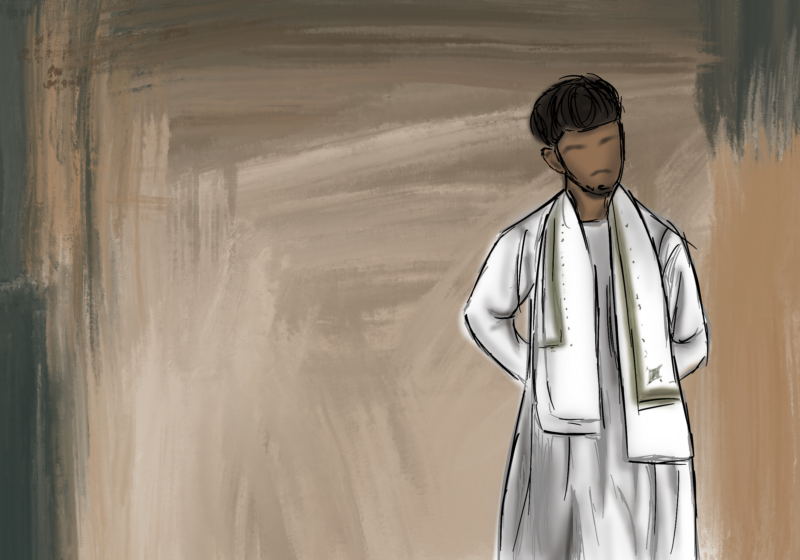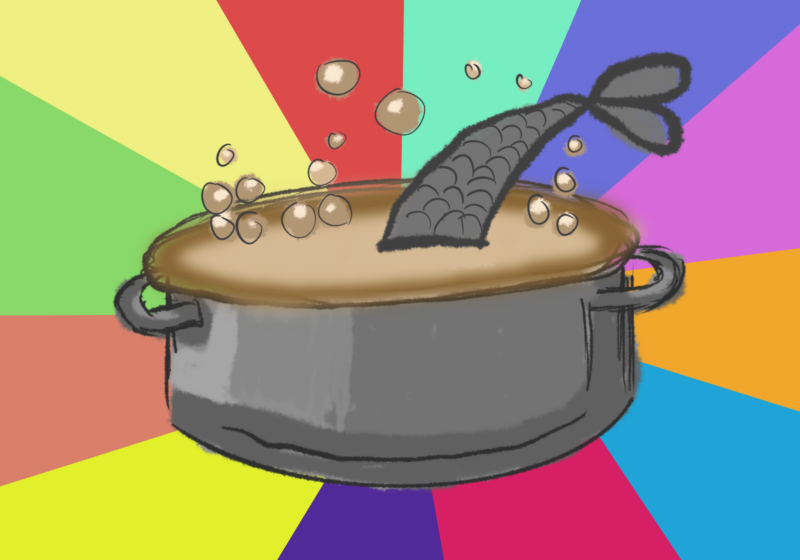Despite a highly contested and eventful midterm election that saw the Democrats take control of the House of Representatives and possibly the Senate, the elections this week failed to generate a noticeable voter turnout amongst the student body compared to the presidential election two years ago. With a lack of an effective voter registration and mobilization program on campus, a large number of students were unregistered and unable to vote.
“I don’t think the UR student body is apathetic,” College Republicans chairperson Karissa Page said. “I think students are limited by the constraints of official voting.”
One major factor that affected the lack of voter turnout was the complete absence of the UR the Vote campaign that, in 2004, was responsible for registering over 300 students to vote and providing free transportation to the polling stations during the presidential elections. Beginning in September of that year, students launched a campus-wide operation in conjunction with hall councils and student groups to canvass residence halls and Wilson Commons with flyers, stickers and handouts that encouraged students to participate in the election.
“What we found this year was that most students believed in the importance of voting and the issues candidates run on, but few had the interest in running the logistics behind the massive all-campus efforts of previous years,” Rochester Center for Community Leadership Coordinator Bryan Rotach said. “Additionally, we knew that those efforts produced visibility but little voter impact – voting was everywhere but did not yield significant numbers of students going to the polls.”
In past years, RCCL teamed up with Democracy Now, a student club, to organize the UR the Vote campaign. UR the Vote worked to raise voter awareness, register students to vote and provide them with transportation to the polls.
While there was no single effort that focused on voter turnout, College Republicans, College Democrats and other groups did host events with the purpose of educating the students on the major issues that were contested in the elections. The political science department and the Presidents’ Office sponsored a live feed of the Clinton-Spencer U.S. Senate debate for students watching in the Hive. A debate between the College Democrats and Republicans was held to give the student leaders from each group a chance to talk about their party’s stance.
“The responsibility for educating, registering, and mobilizing students to vote belongs to both students and to the University,” Rotach said. “There is, however, always room for improvement and the opportunity for others to share their thoughts, ideas and energy to make what we do even better.”
However, some blame the lack of voting not on the logistics of the process, but on the overall attitude that students have toward politics.
“Besides those I know from political groups on campus, I usually get the sense that inside the UR bubble it’s easy not to care, so many students don’t,” College Democrats President and sophomore Calley Beckwith said.
Some students participated in the voting process in the weeks prior to the elections by turning in absentee ballots from their respective states. Sophomore Kate Trono, from Vermont, was one of many students who did not go out on election day but did register and vote by mail.
Still, many say that student-led efforts could generate significantly greater numbers.
“We need to institute a formal student organization that’s responsible for generating voter registration drive and voter mobilization efforts,” Students’ Association President Alexander Pearlman said. “Students are seen as apathetic, so people don’t try as hard to get them to vote. They then respond to that by not voting, and we’re seen as even more apathetic.”
Pearlman plans to recreate a similar program to the UR the Vote – for which he was an active participant – to train freshmen and sophomores on the logistics of voting during the major elections held every two years. His goal is for upperclassmen to hand over the responsibilities early on to the incoming classes, thereby giving them enough time to make a significant impact on voter turnout on campus.
“I think it’s sad that young people don’t take advantage of being able to vote,” Beckwith said. “Being apathetic to politics, or at least not participating in democracy in one of the most direct ways possible, makes it easier to be ignorant and let other people run things that directly affect us.”
Fernandez is a member of the class of 2008.





